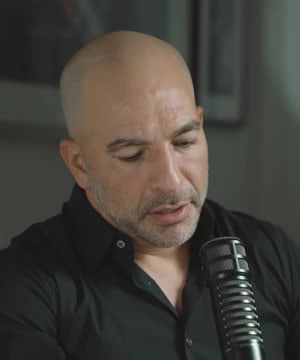Adverse Outcomes
Sources:
In discussing adverse outcomes, specifically in the context of cancer treatment, and analyze the adverse effects detailed in scientific papers. Huberman highlights the severity of these effects, mentioning that encountering such adverse outcomes makes one contemplate the trade-offs of undergoing treatment despite the potential for extending life. Attia emphasizes the importance of considering how many of these adverse events occur due to the progression of the disease versus the treatment itself. They discuss different grades of toxicity, noting that even in placebo groups, adverse events are common, indicating that some events might not directly relate to the treatment but to other factors 1 2.
Additionally, in a broader discussion about scientific communication, Huberman stresses the importance of understanding probability and how it relates to outcomes. He points out that even with interventions perceived as safe, like vaccines, there is always a possibility of an adverse outcome, comparable to taking common medications like Tylenol. This concept is vital for a nuanced understanding of medical treatments and their potential risks 3.
RELATED QUESTIONS


